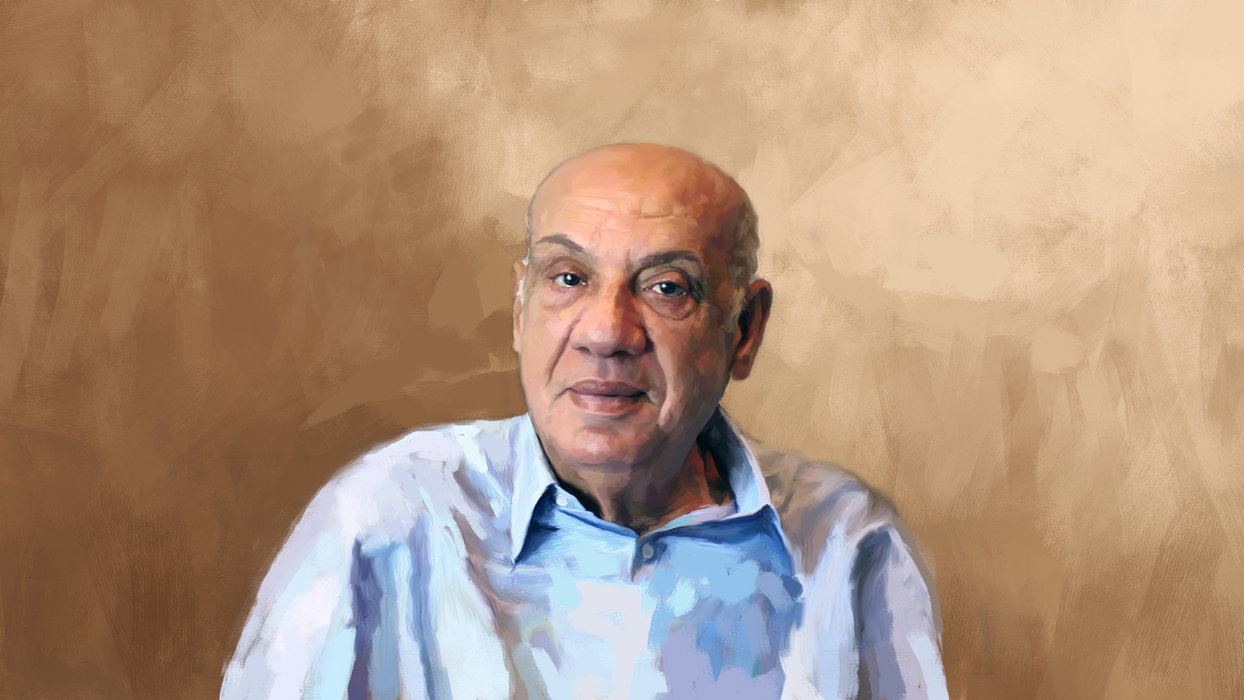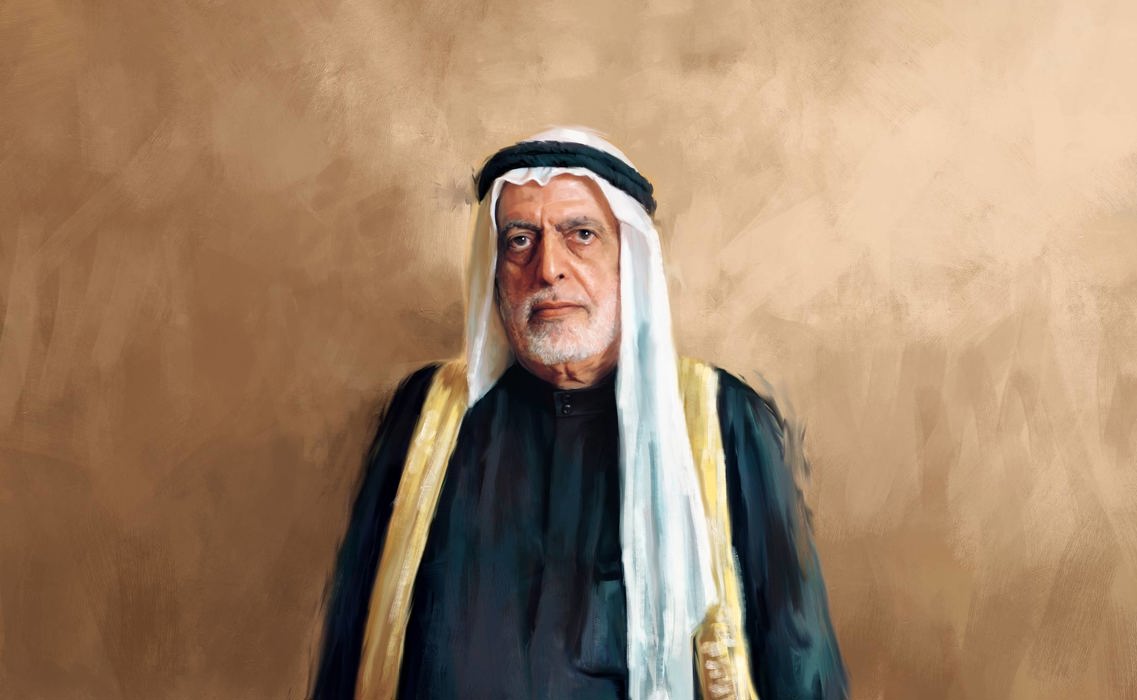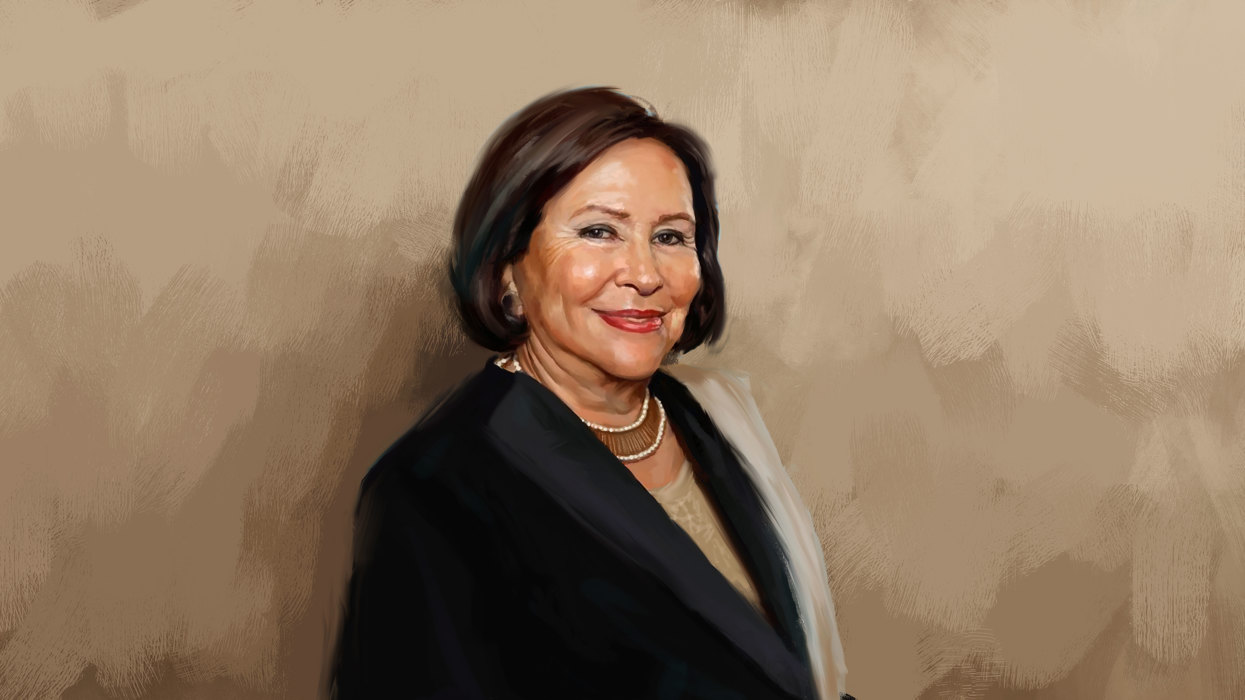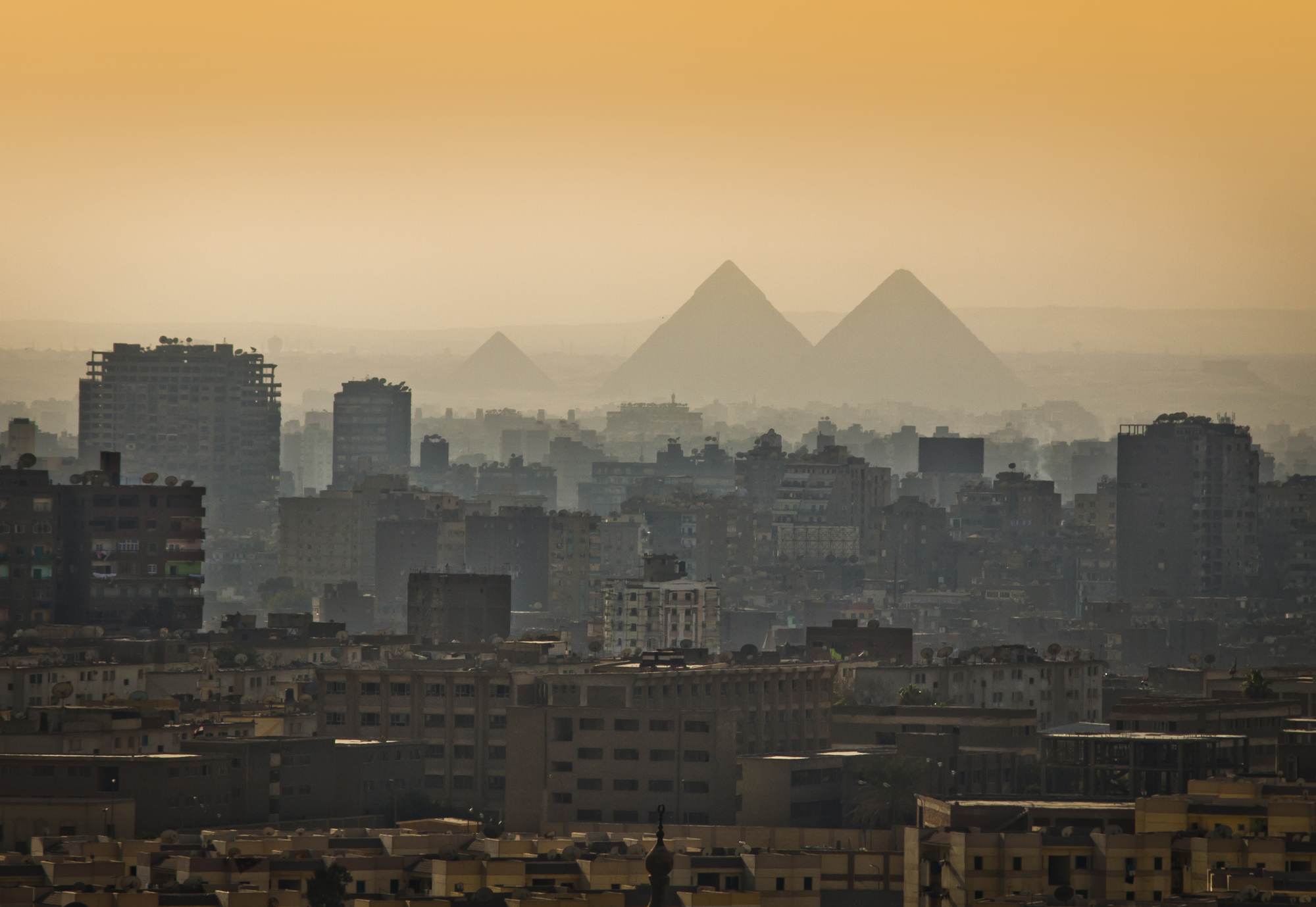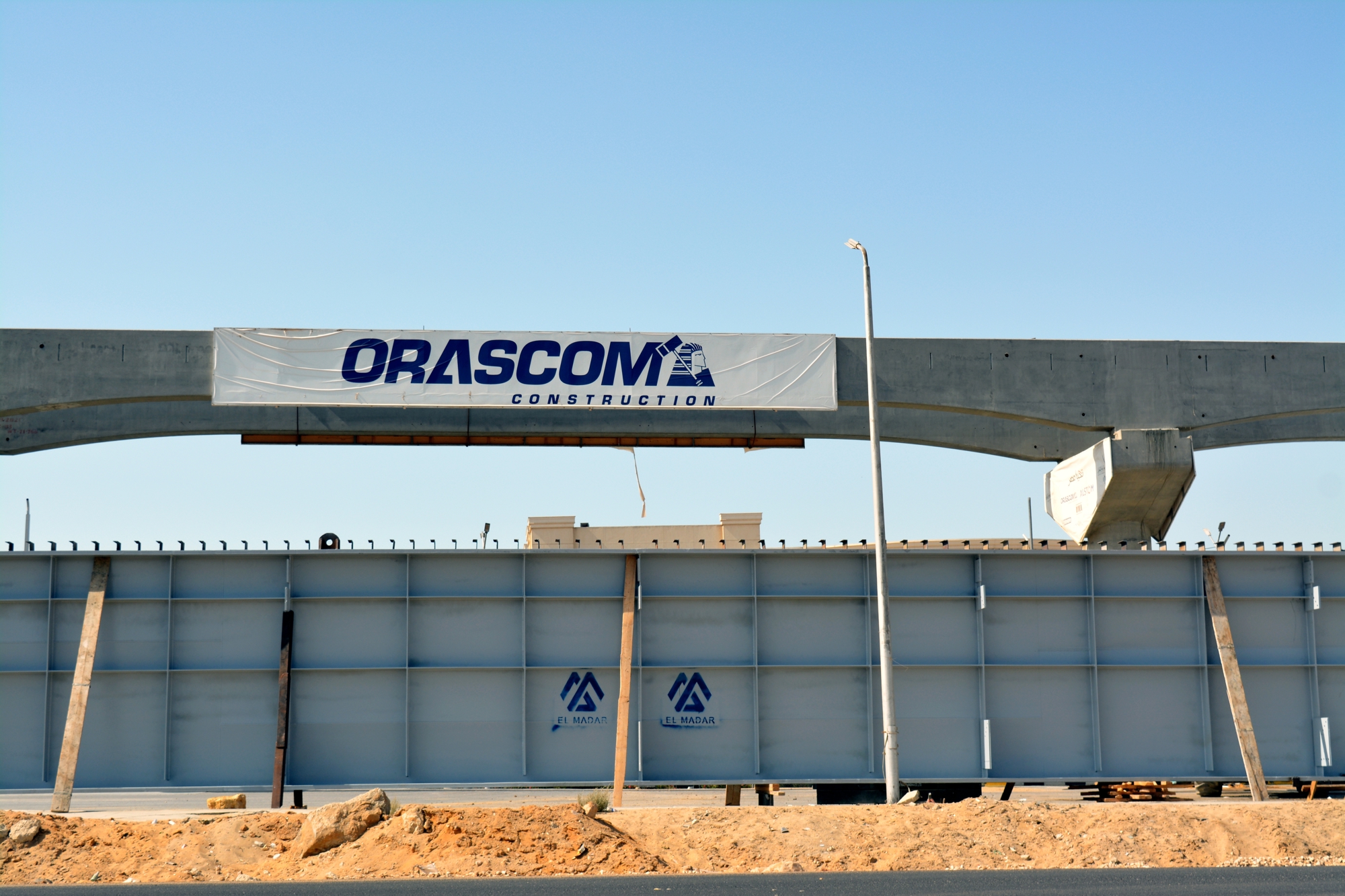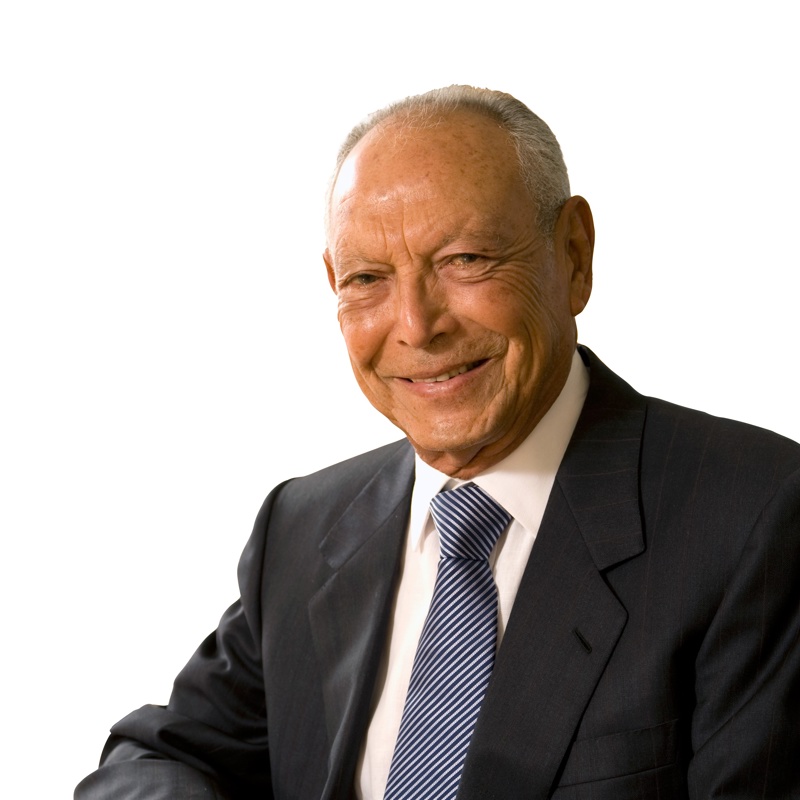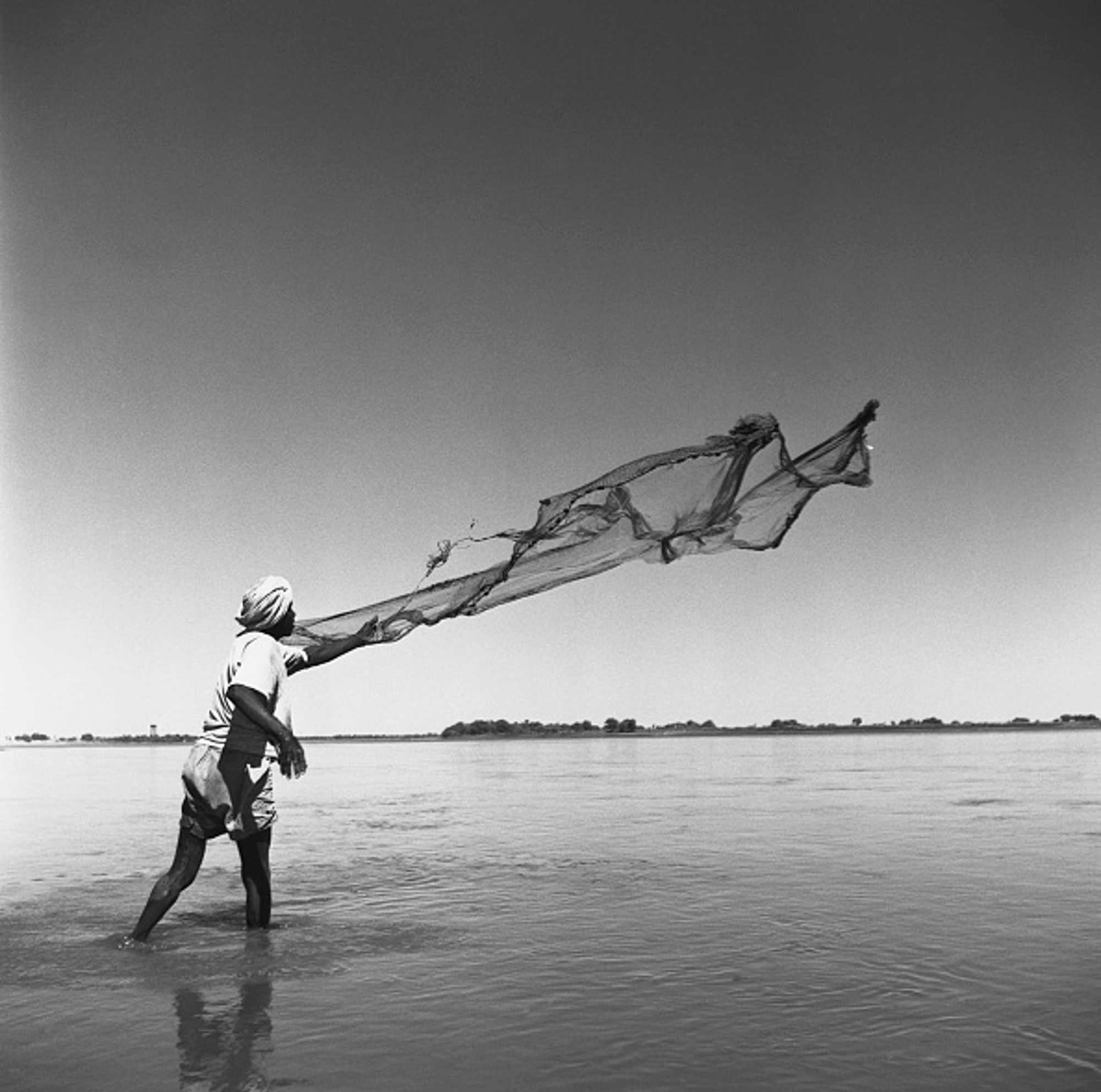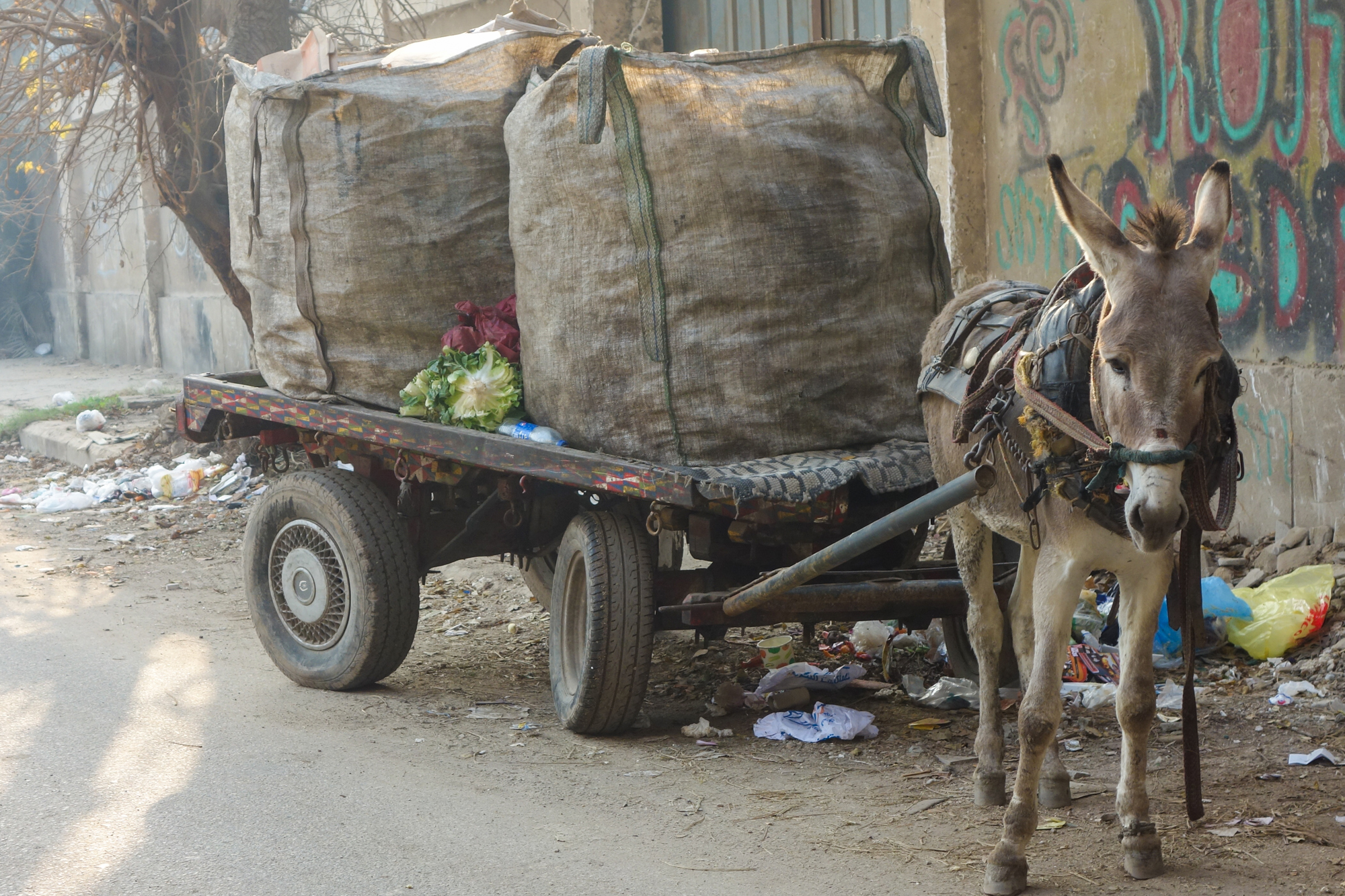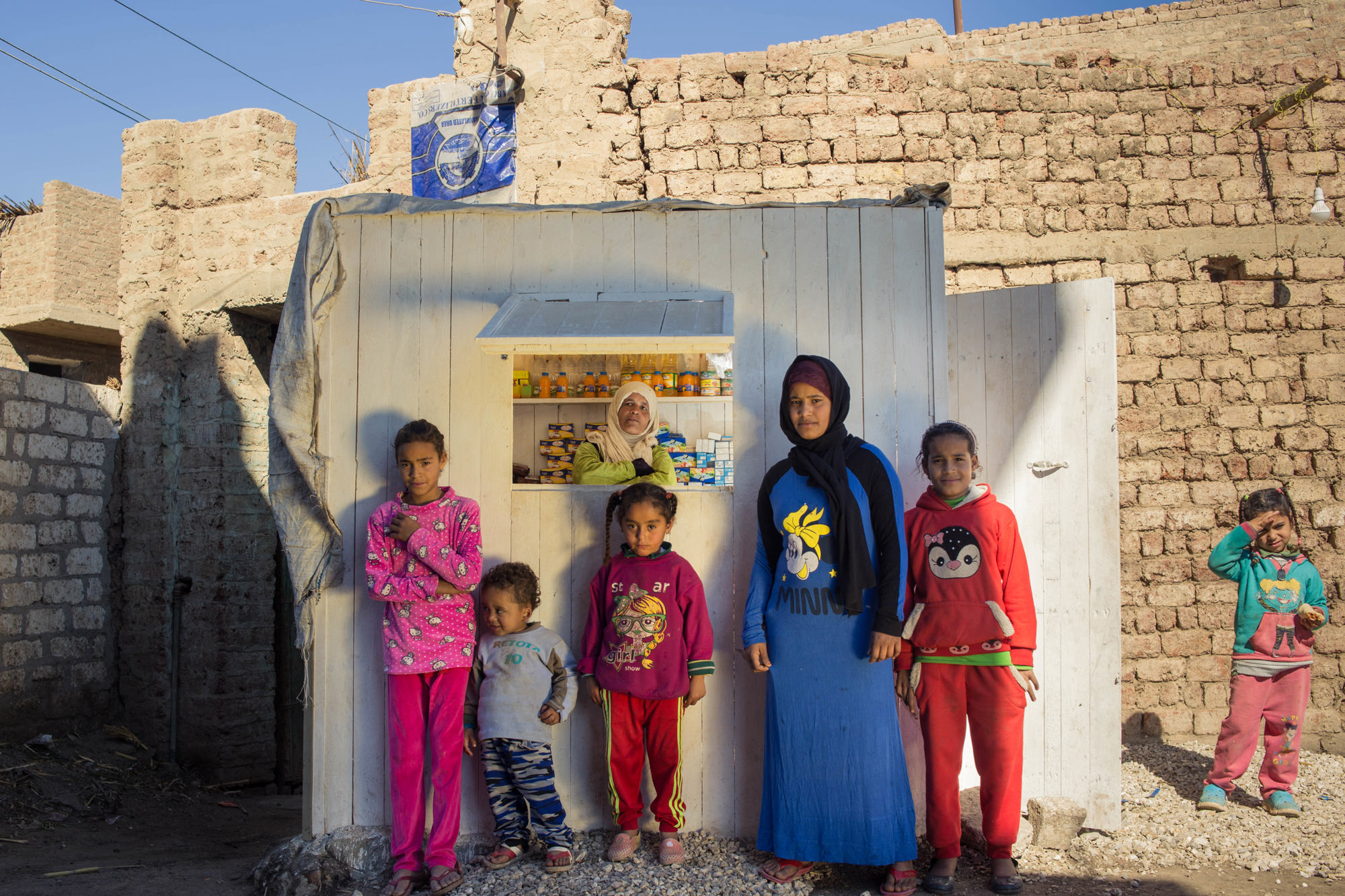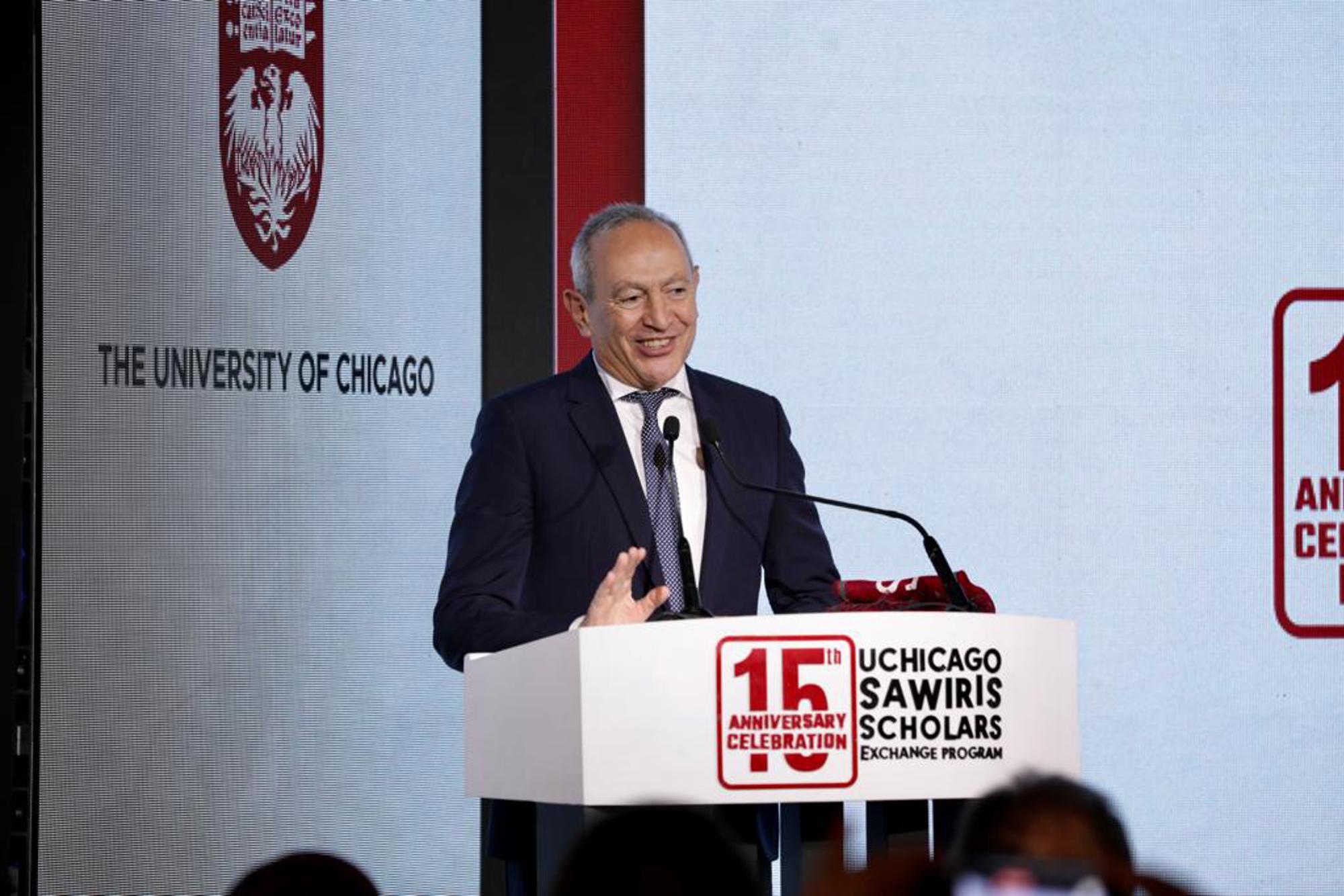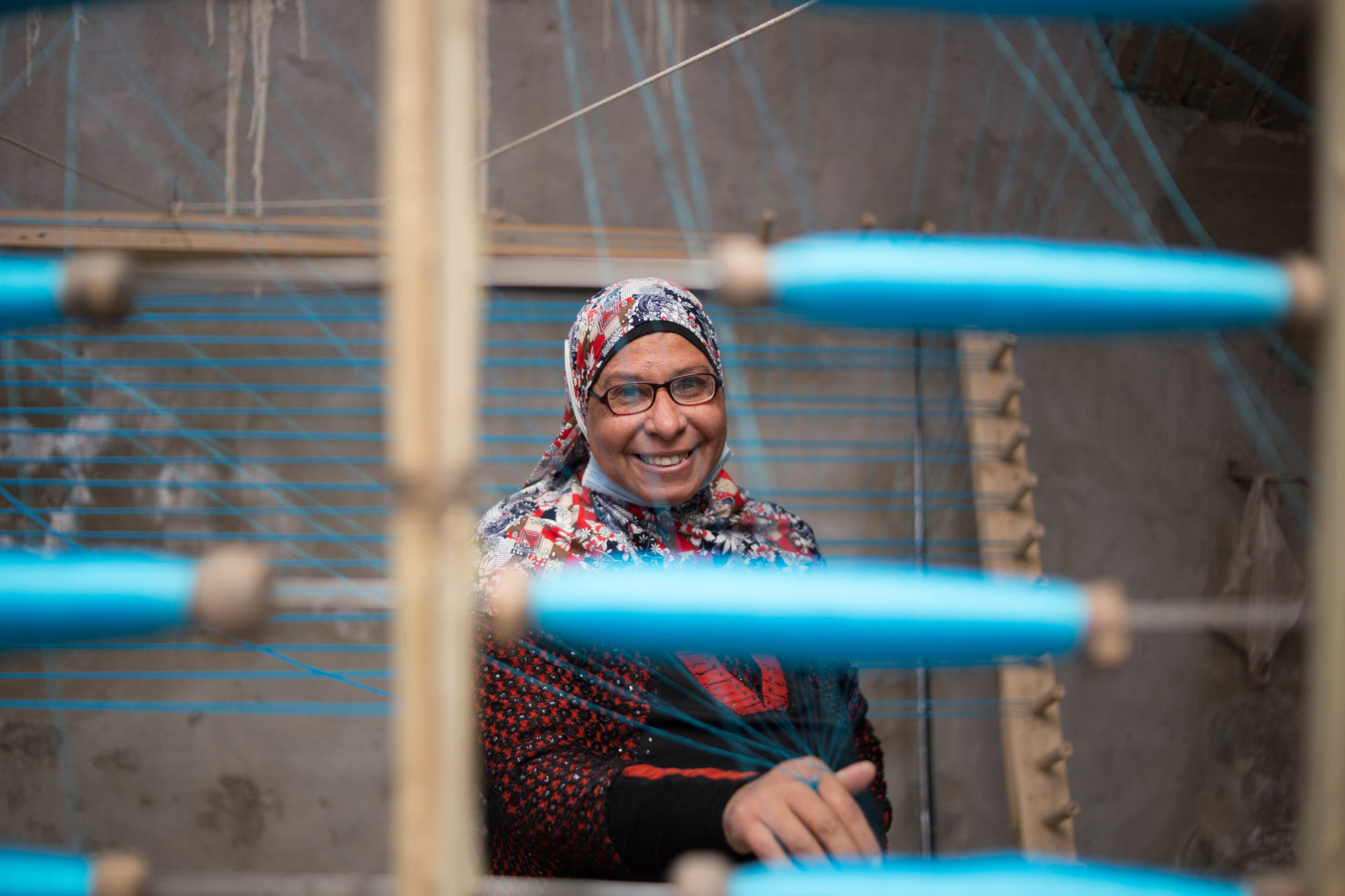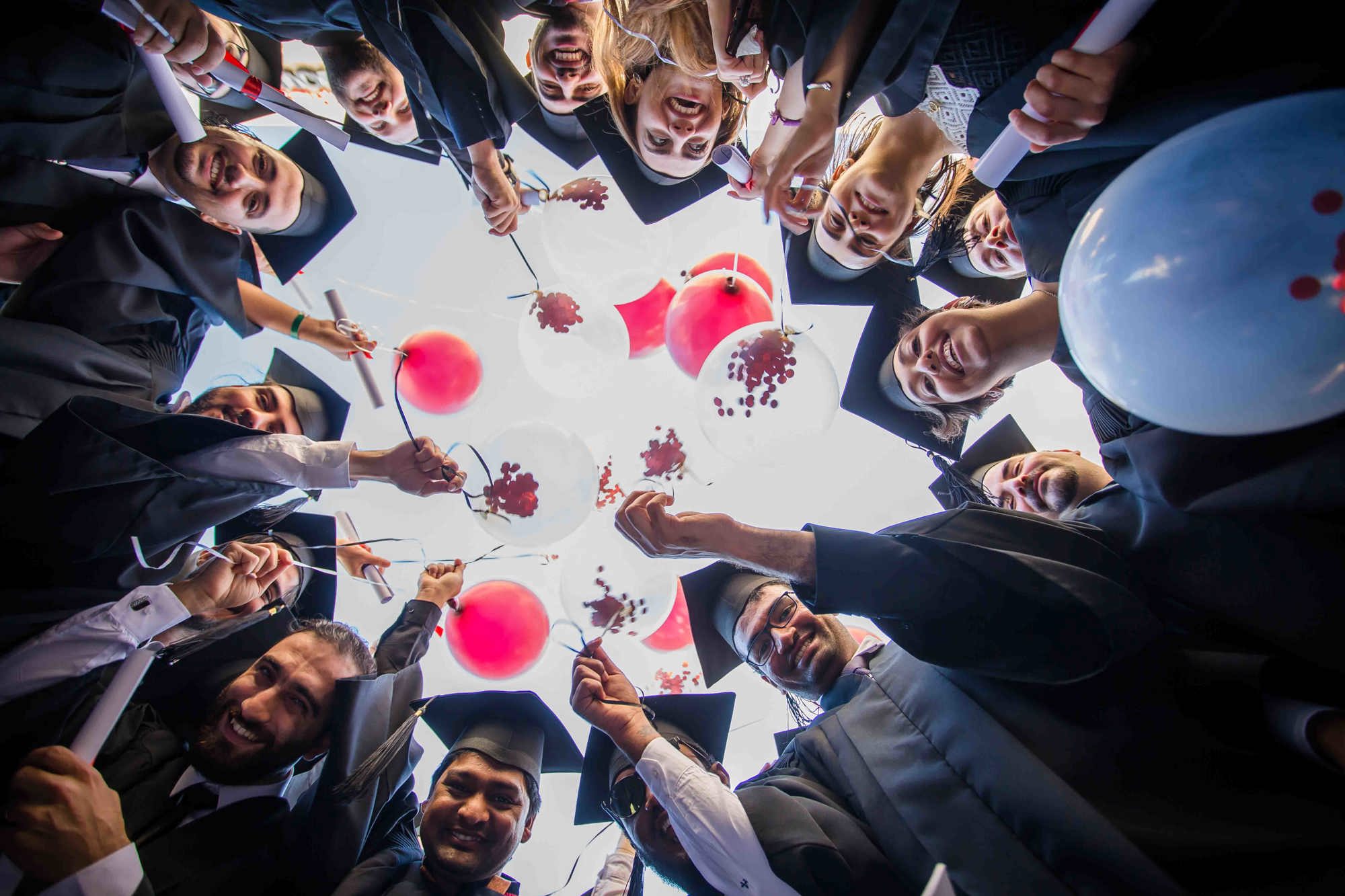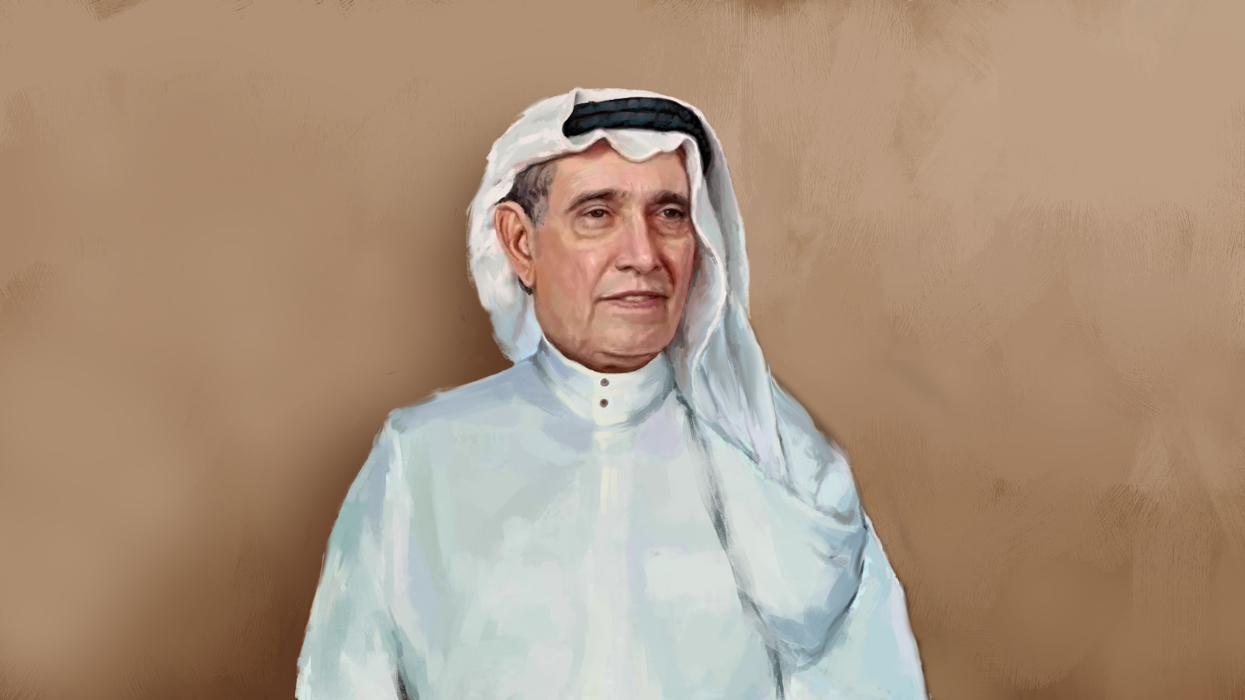If Onsi Sawiris was keen for his sons to attain the best education possible in order to follow him into business, Yousriya’s motivation for doing so was more community-oriented. Evoking the "Enter Ye to Learn, Leave Ye to Serve" motto from her own schooling at Cairo's American College for Girls, as it was then called, she impressed upon her boys the importance of giving back, all while continuing in her own education.
“My mother fostered an unspoken belief that we were lucky and had received too much,” Samih explains. “We had a good education and an entrepreneurial father, which gave us a leg up in many ways. She always reminded us that what we have isn’t entirely ours, we owe it to society to give back. Egypt is a poor country where a lot of people need help, but people can’t depend solely on the state.”
Samih also remembers how the family's faith also played a role in its philanthropy. “My mother differentiated between charity and social work. She did charity, but she considered social work a duty that people who have been lucky in life and have more resources are obliged to give. One takes you to heaven, and one if you don't do it, takes you out of heaven. So we needed to do both; this is how she would phrase it. So for her, both were basically mandatory in our case.”
And on Mother’s Day in 1979, Yousriya chanced upon a cause that would soon become close to her and the family’s heart. When a dinner encounter introduced her to the plight of the Zabbaleen (“garbage people”) in the Mokattam suburb of Cairo, Yousriya insisted on paying the area known to locals as 'Garbage City' a visit. She was humbled by what she saw.
"That was my beginning of being baptised into garbage,” she said. “Something had to be done. And ever since, I've been trying."
